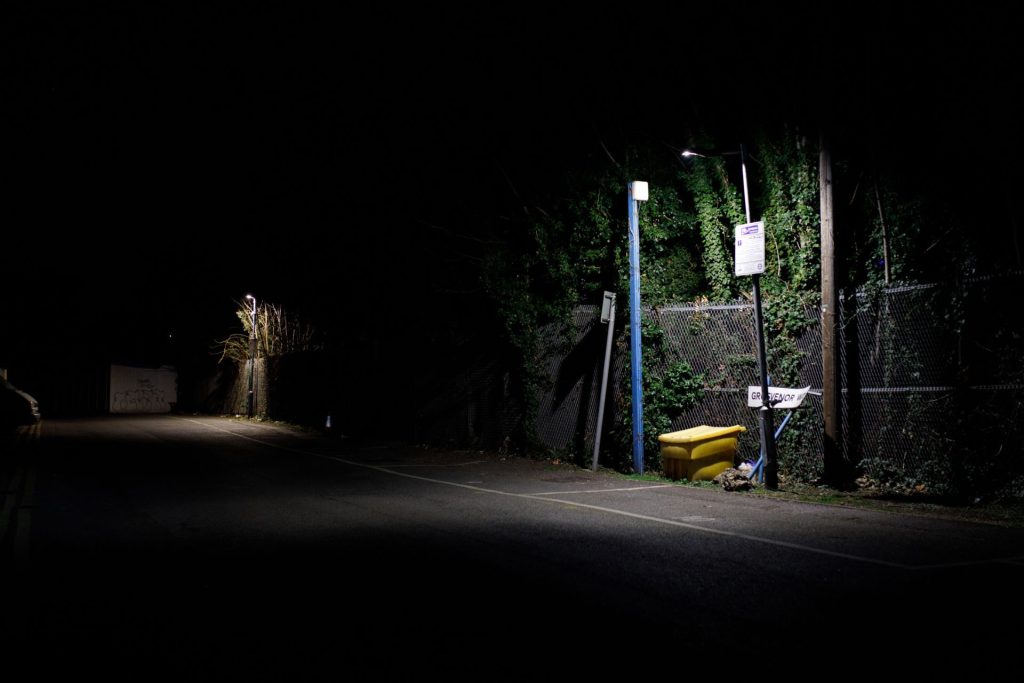
Rough sleeping in winter can be fatal. Just one night in the warm can turn someone’s life around. With your support, tonight could be someone’s last night on the streets.
It can be hard to see a way out of rough sleeping. Without a home, finding a job is almost impossible and without a job, finding a home is impossible. And in winter, rough sleeping can be dangerous or even fatal.
Last year we launched Last Night on the Streets to highlight the dangers of rough sleeping, and our brilliant outreach teams who work all hours to bring people in from the cold to safety.

The demand for support is increasing again this year, and the pressure is on. The numbers of people facing eviction amid a housing emergency have risen to shocking levels, and the cost of living crisis has pushed the most vulnerable into unsuitable temporary accommodation or even onto the streets.
As part of our winter campaign and in the hopes of reaching more people like you, we have produced a TV advert that provides a glimpse into a person’s journey from the streets and into accommodation, the harsh winter elements they endure night after night, and the hope that our outreach teams can bring.
We are so thankful to you for supporting our clients through times like these and we hope to spread the word to as many people as possible. The more wonderful supporters like you we can find, the more people we can help.
3 Thomas More Square, Tower Hill, London E1W 1YW | 020 3856 6000 | info@mungos.org
© 2024 St Mungo’s Registered Charity No 1149085, Company No 8225808, Housing Association No LH0279, VAT Registration No. 155 134 821
Website by St Mungo’s. Maintained by Core Bid Management.
Appeals Policy
Case Closure and Reopen Guidance
Clearing House FAQs November 2022
Clearing House Nomination Policy & Procedure v1.1
Clearing House Sensitive Lets Policy & Procedure v1.1
Clearing House User Agreement v4
Complaints Policy
Couples Referral Guidance
Data Protection and Information Sharing Policy
Eligibility Policy
High Needs Quota Policy & Procedure
Hostel Decant Policy & Procedure
Nomination Guidance
Nominations Appendix A – Allocations and Prioritisation
NSNO Low Needs Staging Post Offer Policy & Procedure
Policy Addendum Clarification 2019
Referral and Waiting List Policy & Procedure
Referral Coaching Policy & Procedure – Volunteers v1.0
Referral Form Minimum Standards v1.2
Resettlement Policy & Procedure
Tenancy Review Policy & Procedure
Transfers Policy & Procedure